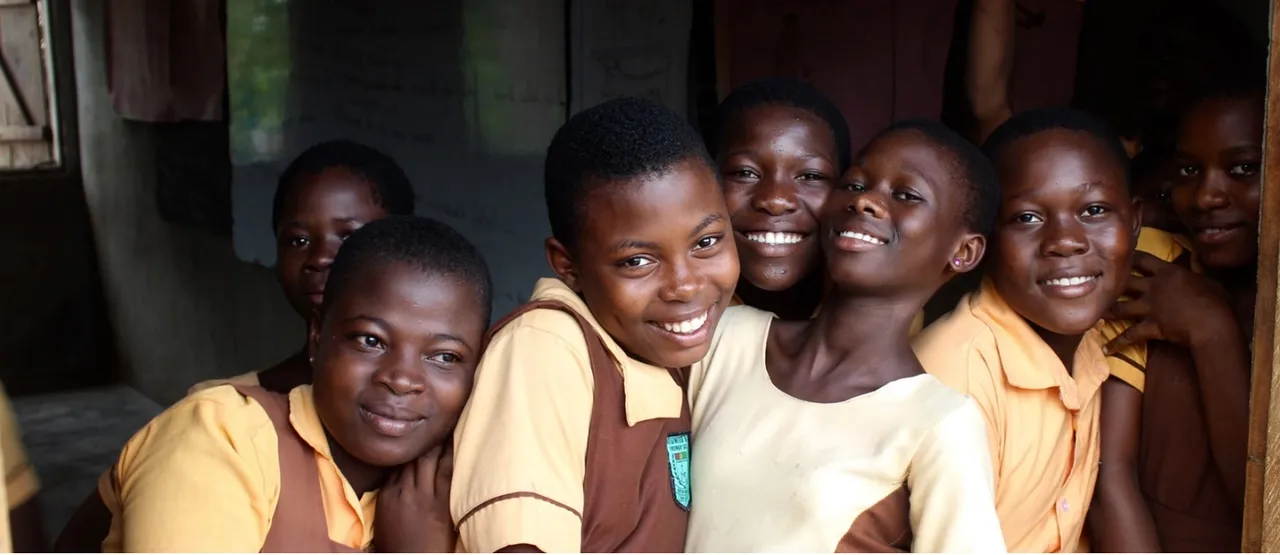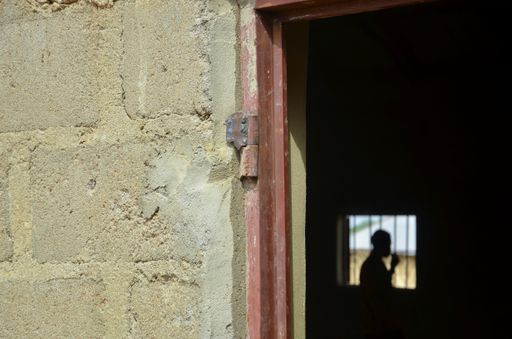Sport
Corporal punishment in schools is banned in many African countries, but a new WHO study suggests combining legislation with awareness and counselling to eliminate what is a global problem.
Michael Otieno still remembers the sting of the cane. Not just on his hands, but on his sense of self. In his primary school in western Kenya, the cane was as common as a blackboard.
"If you were late, you were caned. If you forgot your homework, you were caned. It wasn't about teaching; it was about instilling fear," the 32-year-old Nairobi accountant tells TRT Afrika.
"That fear didn't make me a better student. It made me anxious. It made me believe that violence was the first solution to a problem. It took me years of unlearning to put this behind me."
Otieno isn't the only one to carry the scars of corporal punishment into adulthood. According to a new World Health Organisation (WHO) report – "Corporal Punishment of Children: The Public Health Impact" – physical punishment in the name of correcting children remains alarmingly common and inflicts lasting damage on their health and development.
Widespread malaise
The study reveals that an estimated 1.2 billion children worldwide face physical punishment at home each year.
African nations are no exception, with parent-reported rates showing 77% of children in Togo and 64% in Sierra Leone in the age group 2-14 were subjected to corporal punishment in the month before the survey.
Schools purportedly offer no escape. The study shows that 70% of children across Africa experience corporal punishment during the course of their school education.

"There is now overwhelming scientific evidence that corporal punishment carries multiple risks to the health of children," says Etienne Krug, Director of WHO's department for health determinants. "It offers no benefits to the behaviour, development or well-being of children, and no benefit to parents or societies either. It's time to end this harmful practice."
Lasting damage
The WHO report details how corporal punishment triggers harmful biological responses, including heightened stress hormones and changes in brain structure and function. There is scientific evidence that children exposed to such punishment are 24% less likely to be developmentally on track than peers who haven't faced it.
Comments
No comments Yet




















Comment